Table of Contents
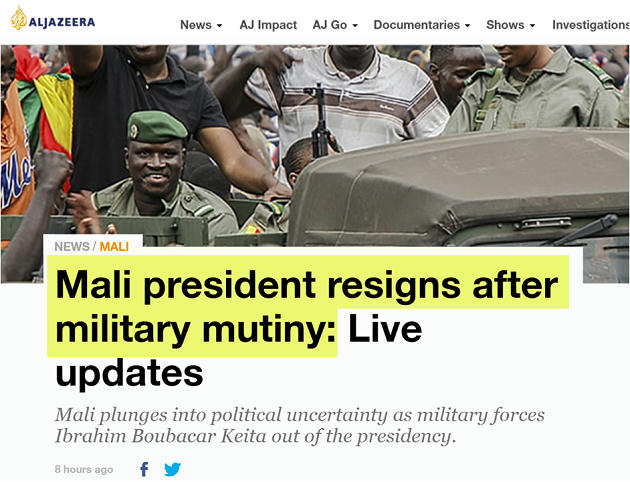
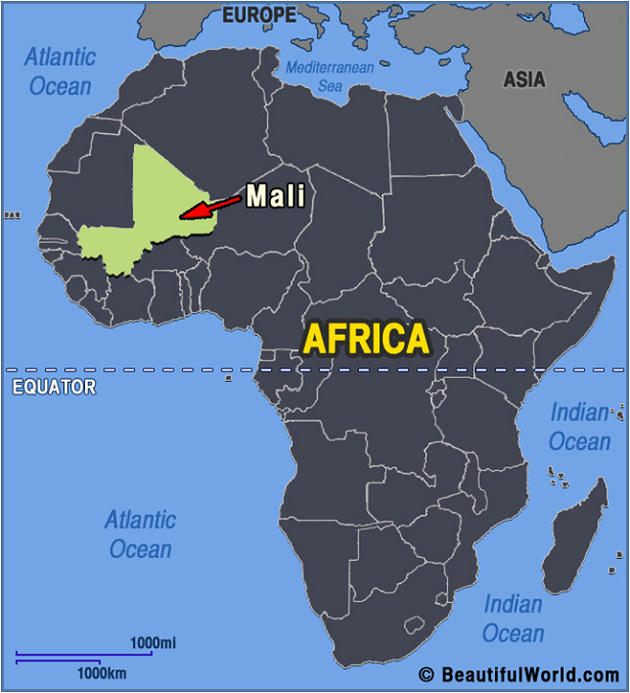
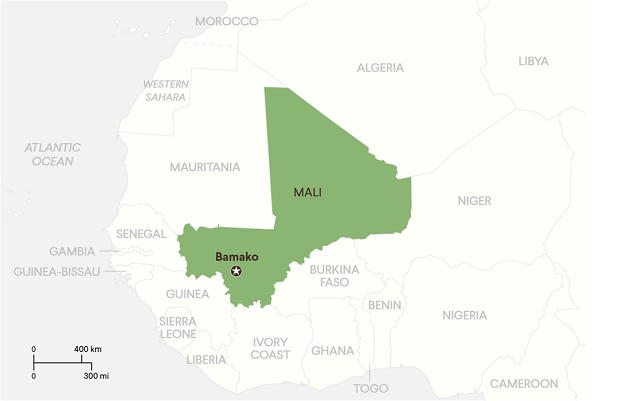
Background
- In the years following its independence from France in 1960, Mali was viewed as having achieved a good track record in democratic government.
- In 1996, a New York Times correspondent on a reporting trip to Mali made note of the pervasive poverty afflicting the citizenry,
- But said the West African country nevertheless had become “one of this continent’s most vibrant democracies.”
- But Mali, once cited as a democratic role model in the region, has lurched from one crisis to another since the 2012 coup.
- The coup overthrew President Amadou Touré a month before elections were to be held.
Reason for the coup?
- The factors behind that coup, in part a consequence of the Arab Spring.
- After the fall of Moammar Gadhafi in Libya in 2011, hundreds of heavily armed Malian rebels who had fought for the Libyan leader returned home and attacked northern towns,
- Creating the chaos that preceded the military takeover.
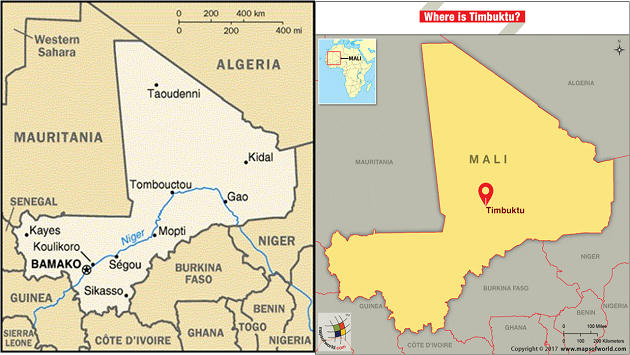
- In 2012, Ethnic Tuareg separatists in northern Mali declared independence and launched an offensive to take control of territory they claimed as part of their new country.
- For a time, they joined forces with hard-core Jihadi groups and succeeded in evicting government forces from large swaths of northern Mali, including the city of Timbuktu.
French intervention
- The Malian government asked for international assistance.
- The French military intervened directly on their behalf, beating back the Jihadist insurgency.
- Meanwhile, a UN Peacekeeping force, now known as MINUSMA, deployed to stabilize areas that were formerly controlled by insurgents.
- In 2015, a peace agreement negotiated between PresidentIbrahim Boubacar Keita and key armed groups affiliated with the Tuareg separatists ushered in a new constitutional order.
- Since then, the country has nevertheless been beset by instability.
- It is, for example, the deadliest UN peacekeeping mission–by far.
President Ibrahim Boubacar Keita
- Keïta, the president arrested in Tuesday’s coup, won office in a landslide in 2013.
- But whatever hopes Keita raised when he took 78 per cent of the vote, his star, and his genuine popularity, gradually faded.
- He vowed “zero tolerance” for corruption, but Malians came to view him with mistrust.
- Keita won reelection in 2018, when he ran for a second term, but only after being forced into a runoff.
Then why sudden protests recently?
- An opposition coalition known as the June 5 Movement, led by prominent cleric Mahmoud Dicko, is calling for the resignation of President Ibrahim Boubacar Keita,
- In the wake of the country’s April parliamentary elections.
- The protests were spurred by a Constitutional Court decision to overturn some of the election results, which the opposition says unfairly helped members of Keita’s party remain in office.
- Keita refused to step down, but he had been without a government since April, when his prime minister and the rest of his government resignedamid an intensification of the civil war.
- Keita formed a new cabinet in late July in an attempt to get a handle on the crisis.
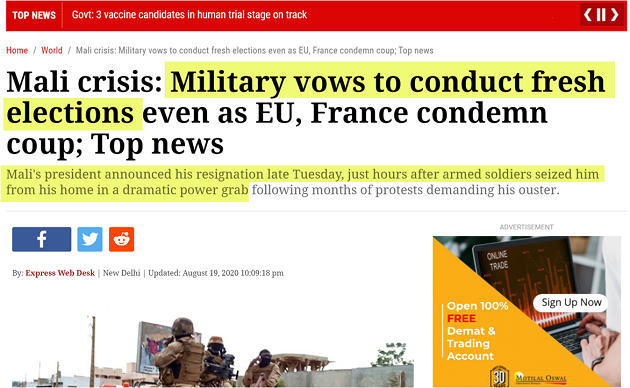
- National Committee for the Salvation of the People
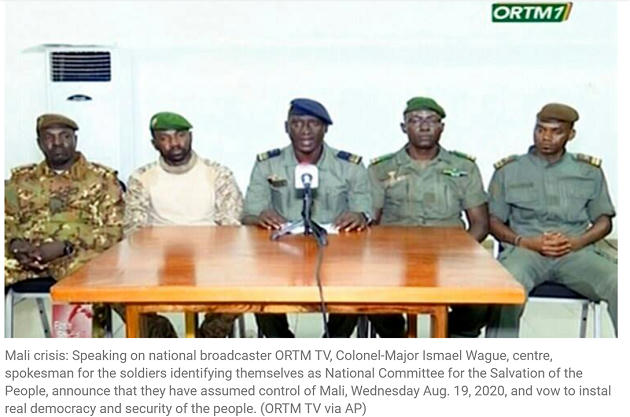
Latest Burning Issues | Free PDF





















 WhatsApp
WhatsApp